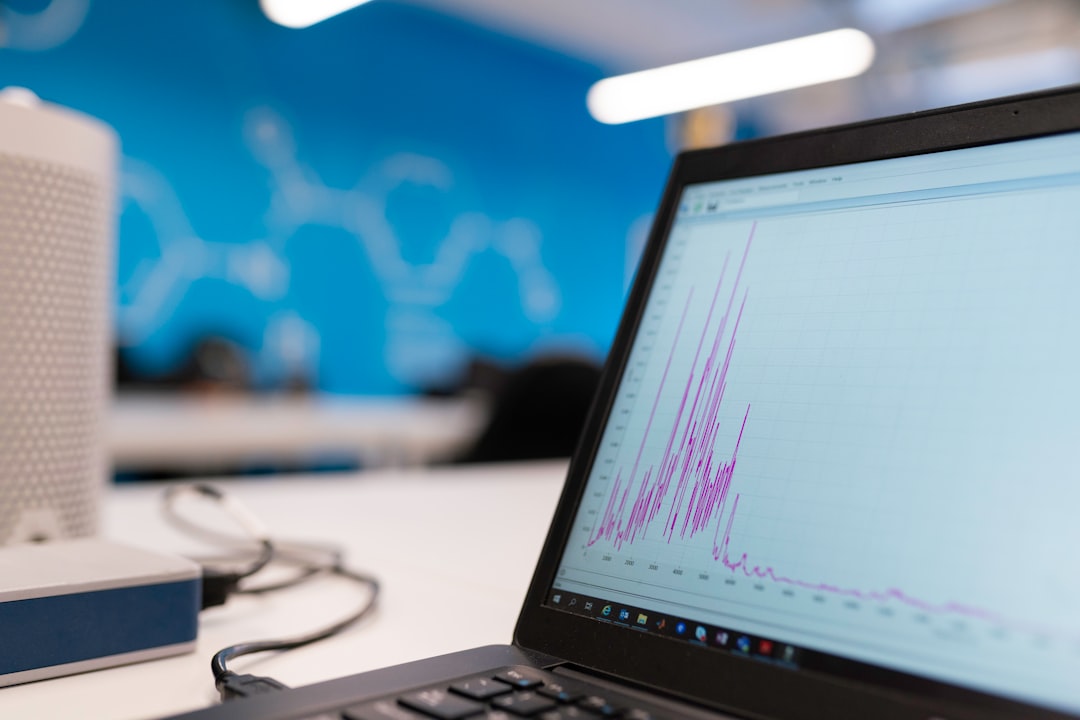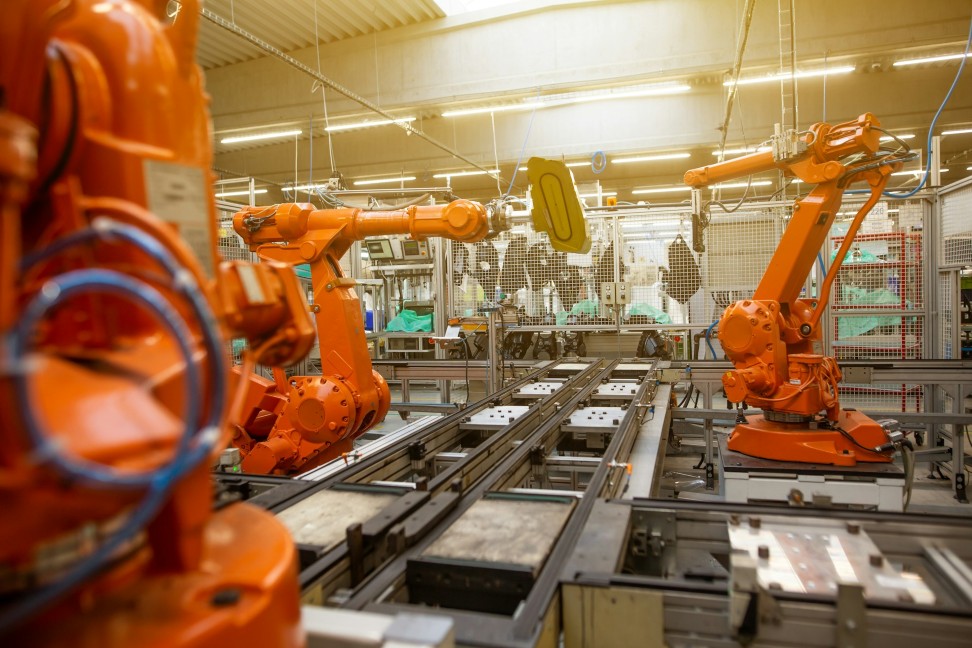Artificial Intelligence (AI) is increasingly becoming an integral part of various industries, and engineering is no exception. The use of AI in engineering is revolutionizing the way tasks are performed, leading to increased efficiency, accuracy, and innovation in the field. From designing and testing to maintenance and monitoring, AI is transforming the way engineers work and helping them achieve more significant results in less time. In this blog post, we will explore how AI is revolutionizing engineering and changing the landscape of the industry.
One of the most significant impacts of AI on engineering is in the field of design. Engineers traditionally rely on manual calculations, simulations, and prototypes to design products and structures. However, AI-powered design tools are now enabling engineers to create complex designs more efficiently and accurately than ever before. These tools use machine learning algorithms to analyze vast amounts of data and generate optimized designs based on the desired criteria.
For example, in civil engineering, AI algorithms can analyze various factors such as material properties, structural requirements, and environmental conditions to design bridges, buildings, and other structures that are not only structurally sound but also cost-effective and sustainable. By automating the design process, engineers can explore more design options and make informed decisions faster, leading to better outcomes and reduced design time.
Another area where AI is revolutionizing engineering is in testing and validation. Engineers traditionally rely on physical testing and simulations to validate designs and ensure they meet performance requirements. However, AI-powered testing tools are now enabling engineers to predict the behavior of designs with greater accuracy and identify potential issues before they arise.
For example, in aerospace engineering, AI algorithms can analyze data from sensors and simulations to predict the performance of aircraft components and systems under various operating conditions. By identifying potential issues early in the design process, engineers can make necessary adjustments to improve performance, durability, and safety. This not only reduces the time and cost of testing but also ensures that products meet or exceed regulatory standards.
AI is also revolutionizing maintenance and monitoring in engineering. Traditional maintenance practices are often reactive, as engineers rely on manual inspections and monitoring to detect issues and perform repairs. However, AI-powered maintenance tools are now enabling engineers to predict equipment failures and perform preventive maintenance to avoid costly downtime and repairs.
For example, in the oil and gas industry, AI algorithms can analyze data from sensors and historical maintenance records to predict when equipment is likely to fail and schedule maintenance activities accordingly. By proactively addressing potential issues, engineers can prevent costly breakdowns and extend the lifespan of equipment, leading to significant cost savings and improved operational efficiency.
AI is also transforming the way engineers collaborate and communicate with each other and with other stakeholders. Traditionally, engineers rely on written reports, drawings, and presentations to communicate their ideas and findings. However, AI-powered collaboration tools are now enabling engineers to collaborate in real-time, share information, and work together on projects more effectively.
For example, in mechanical engineering, AI-powered design tools can generate 3D models of products and components based on input from multiple engineers, enabling them to collaborate on designs and make real-time changes. By streamlining the design process and enabling real-time collaboration, engineers can work more efficiently and bring products to market faster.
In summary, AI is revolutionizing engineering in various ways, from design and testing to maintenance and monitoring. By leveraging the power of AI, engineers can achieve greater efficiency, accuracy, and innovation in their work, leading to better outcomes and reduced time and cost. As AI continues to advance, it is expected to play an even more significant role in shaping the future of engineering and driving further advancements in the industry.
Overall, the integration of AI in engineering is proving to be a game-changer, enabling engineers to push the boundaries of what is possible and achieve results that were once thought to be unattainable. As AI technology continues to evolve, the possibilities for innovation in engineering are limitless, and the future of the field looks brighter than ever.














